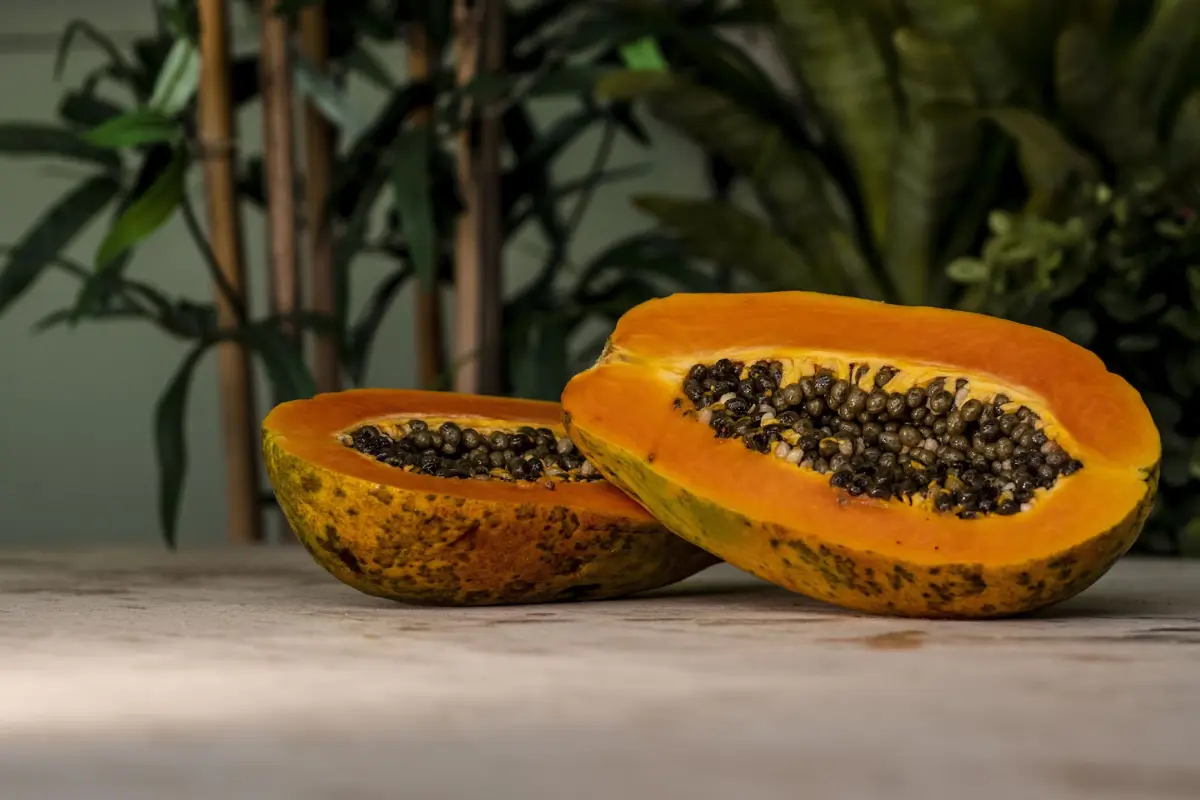In today’s world, where processed foods are the norm, sugar has become a staple in many diets, often exceeding healthy limits. High sugar consumption is linked to various health issues, including obesity, type 2 diabetes, heart disease, and dental problems. Reducing sugar intake can significantly improve your health and well-being. Here are 13 simple yet effective ways to minimize your sugar consumption.
1. Understand Your Sugar Intake
The first step to reducing your sugar intake is understanding where it comes from. Sugar is not only present in obvious foods like candies and desserts but also hidden in many processed foods, including bread, sauces, and breakfast cereals. Start by reading nutrition labels to identify the sugar content in the foods you consume regularly.
2. Eliminate Sugary Drinks
Sugary drinks, such as sodas, energy drinks, and even fruit juices, are among the most significant sources of added sugars in the diet. Replacing these with water, herbal teas, or unsweetened sparkling water can drastically reduce your sugar intake.
3. Choose Natural Sweeteners
When you need to sweeten your food or beverages, opt for natural sweeteners like stevia, erythritol, or xylitol. These alternatives have fewer calories and a lower glycemic index than regular sugar, making them a healthier choice.
4. Eat Whole Fruits Instead of Drinking Fruit Juices
Whole fruits contain fiber, which slows down the absorption of sugar and reduces its impact on blood sugar levels. In contrast, fruit juices lack fiber and can lead to rapid spikes in blood sugar. Opt for whole fruits for a healthier, fiber-rich alternative.
5. Avoid Processed Foods
Processed foods often contain hidden sugars to enhance flavor. Cooking meals from scratch using whole, unprocessed ingredients allows you to control what goes into your food, including the amount of sugar.
6. Limit Desserts
Desserts are a major source of added sugars. Reducing the frequency and portion size of desserts can significantly decrease sugar consumption. When you do indulge, choose healthier alternatives or those with reduced sugar content.
7. Use Spices
Spices like cinnamon, nutmeg, and vanilla can add sweetness to dishes without the need for added sugar. Experiment with spices to enhance the flavor of your meals and desserts naturally.
8. Focus on Whole Grains
Swap out refined carbohydrates, which are quickly broken down into sugars in the body, for whole grains. Whole grains are digested more slowly, leading to a gradual release of sugar into the bloodstream and helping to control sugar cravings.
9. Increase Protein and Healthy Fats
Incorporating more protein and healthy fats into your diet can help balance blood sugar levels and reduce sugar cravings. Foods like nuts, seeds, avocados, and lean meats are excellent sources of these nutrients.
10. Stay Hydrated
Sometimes, what feels like a sugar craving is actually dehydration. Before reaching for a sweet snack, try drinking a glass of water and wait a few minutes to see if the craving subsides.
11. Plan Your Meals
Planning your meals and snacks in advance can help prevent impulsive eating and reduce the likelihood of choosing sugary options. Prepare healthy snacks to have on hand when cravings strike.
12. Manage Stress
Stress can lead to cravings for sweet, comforting foods. Finding healthy ways to manage stress, such as through exercise, meditation, or hobbies, can reduce the urge to consume sugary snacks.
13. Allow for Occasional Treats
Completely eliminating all sweets from your diet can lead to feelings of deprivation and might not be sustainable in the long term. Allowing yourself an occasional treat in moderation can help make a low-sugar lifestyle more manageable and enjoyable.
Conclusion
Reducing sugar intake can seem daunting, but by implementing these 13 strategies, you can make significant progress toward a healthier diet. Small, gradual changes can lead to lasting habits and profound health benefits. Remember, the goal is not to eliminate sugar entirely but to find a healthier balance that supports your well-being.












